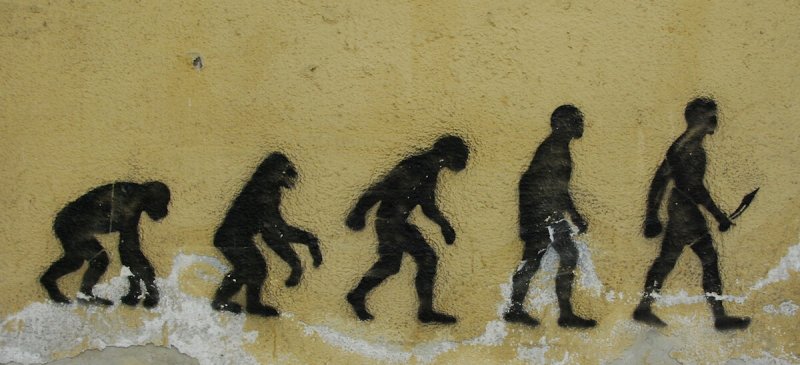Michael Reiss, a professor of science education at University College London and an Anglican Priest, suggests that “we need to rethink the way we teach evolution” largely because conventional approaches can be unduly confrontational and “force religious children to choose between their faith and evolution.”
…
He suggests that a better strategy would be akin to those use to teach a range of “sensitive” subjects “such as sex, pornography, ethnicity, religion, death studies, terrorism, and others” and could “help some students to consider evolution as a possibility who would otherwise not do so.”
…
The answer is open to debate, but to my mind it involves teaching students (and encouraging the public) to distinguish empirically-based, and so inherently limited observations and the logical, coherent, and testable scientific models they give rise to from unquestionable TRUTH- and revelation-based belief systems. Perhaps we need to focus explicitly on the value of science rather than its “Truth”. To reinforce what science is ultimately for; what justifies society’s support for it, namely to help reduce human suffering and (where it makes sense) to enhance the human experience, goals anchored in the perhaps logically unjustifiable, but nevertheless essential acceptance of the inherent value of each person.
Read full, original post: Is it possible to teach evolutionary biology “sensitively”?































